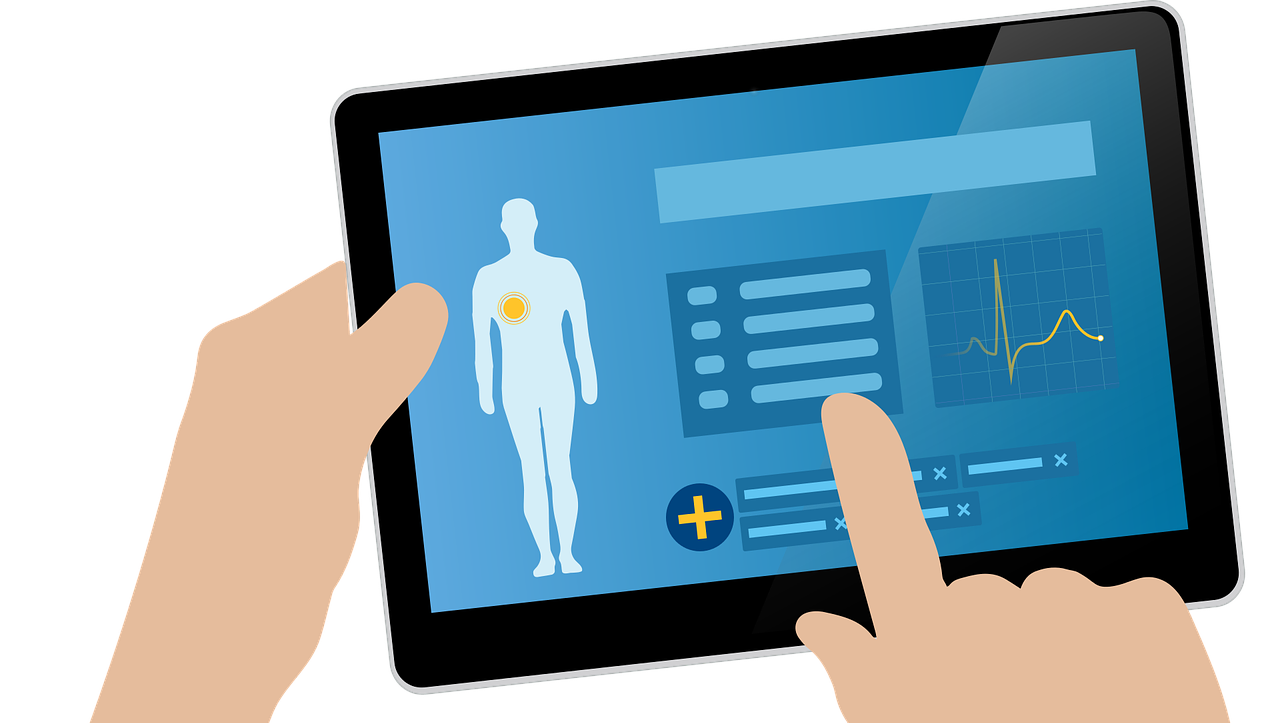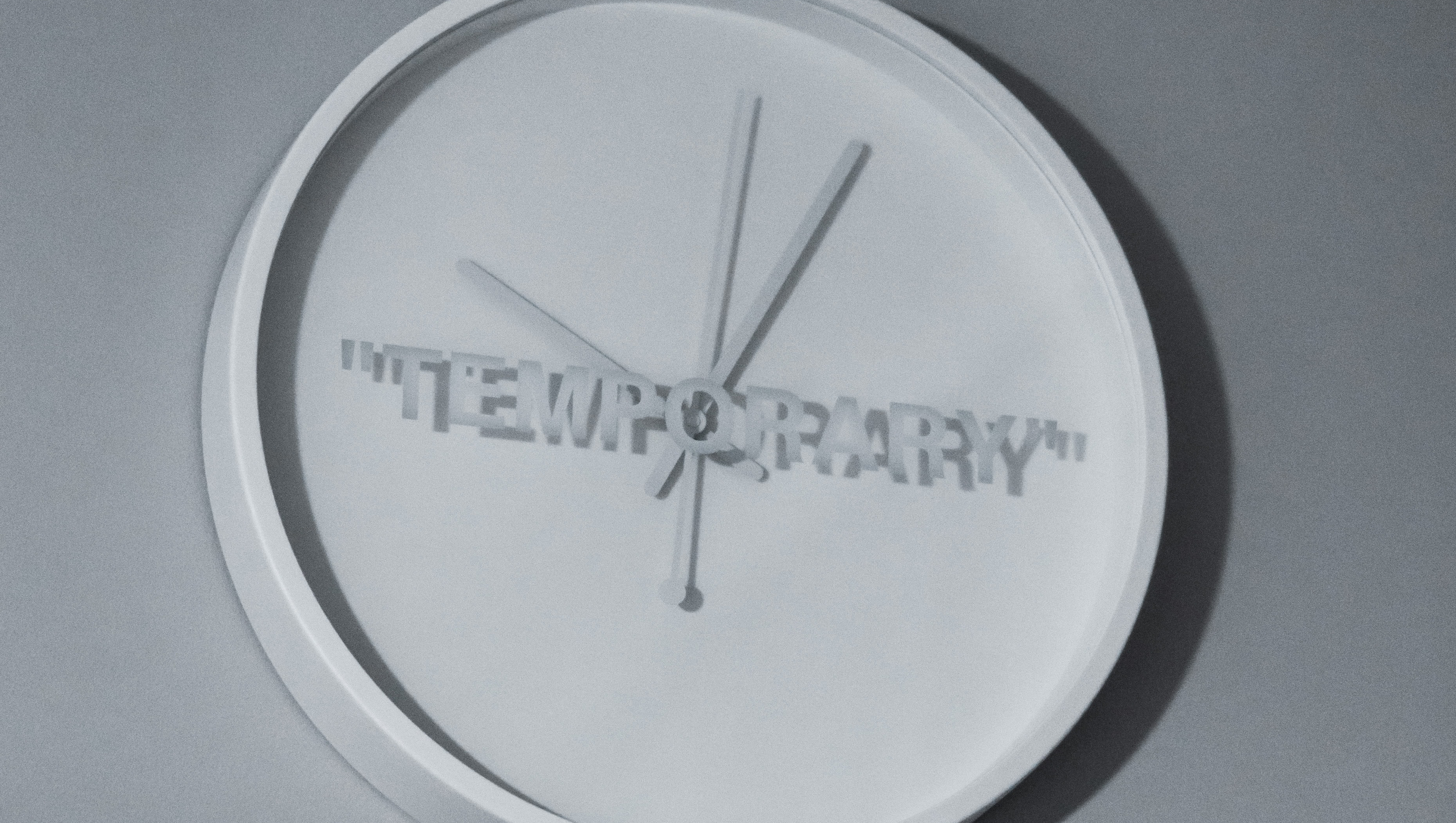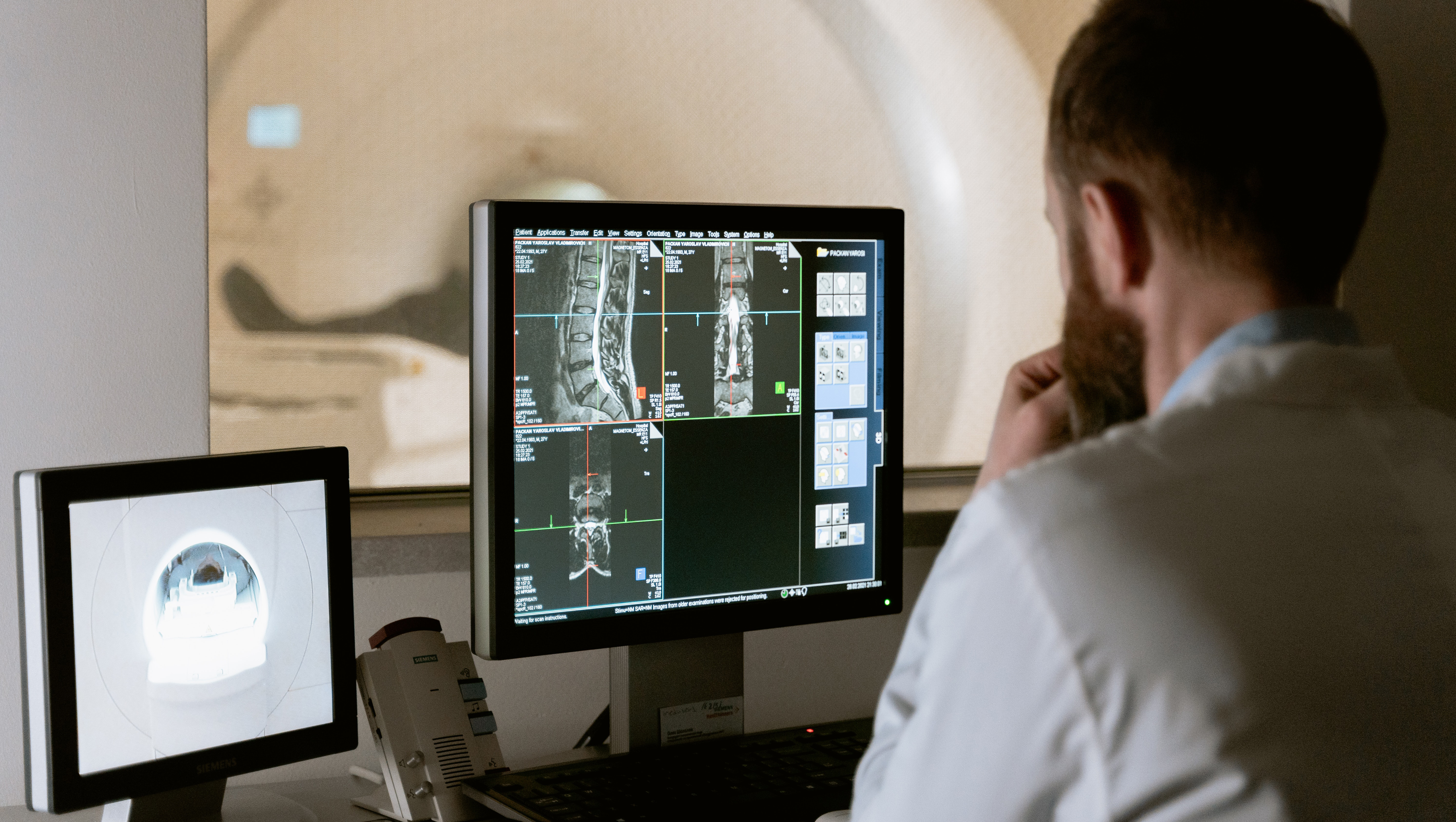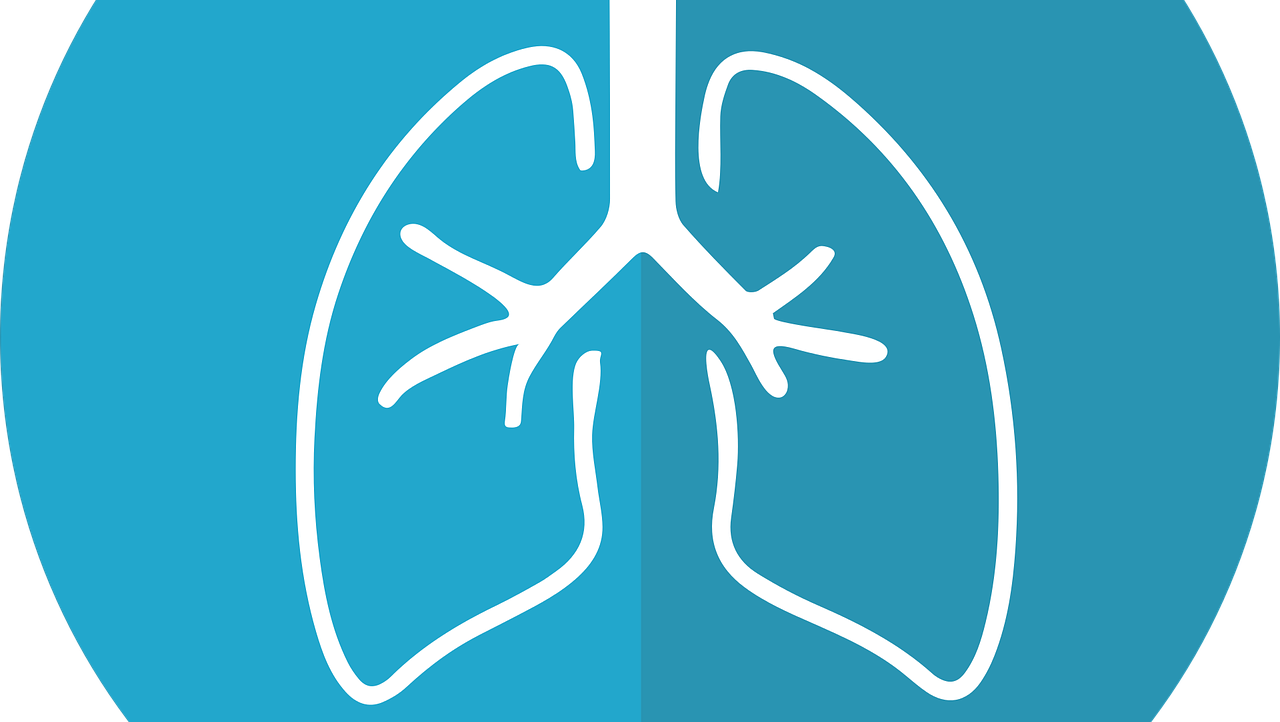On July 1, 2022, United Healthcare will begin to implement its Designated Diagnostic Provider (DDP) program for imaging facilities in certain states. According to United’s FAQ document, outpatient MRI/MRA, CT, PET, and nuclear medicine scans must be performed by a Designated Diagnostic Provider in order for members to have the lowest out-of-pocket cost. A member will pay more for services provided by non-DDP imaging facilities.
Categories: radiology, DDP, Designated Diagnostic Provider
One of the tools available to assist with the collection of unpaid patient balances is to report the debt to a credit reporting bureau. While typically used as a last resort, it has had the effect of ultimately achieving collection when the patient applies for a loan that requires them to clear up the open balances shown on the credit report. While most physician groups are compassionate and are willing to work with their patients to avoid credit bureau reporting, they are required by insurance laws to pursue collection of patient co-payments and coinsurance. With patient deductibles, copayments and coinsurance increasing in many plans, loss of revenue to the practice through non-collection has become a bigger concern over recent years.
Categories: patient collections, radiology, medical debt
When & How to Bill For Locum Tenens Services In The Radiology Practice on March 22, 2022
The workload of a radiology practice doesn’t diminish when one of the physicians is away, either on leave or due to termination, and one way to cope with the shortfall of staff is to use a temporary physician service. Understanding the proper procedures for billing locum tenens services is crucial for maintaining cash flow and regulatory compliance.
Categories: radiology billing, radiology, locum tenens
Legal Win Forces a Change to the No Surprises Act on March 3, 2022
The decision by a US District Court in a lawsuit brought by the Texas Medical Association has invalidated a portion of the No Surprises Act (NSA). While other similar suits are still pending, this ruling will immediately impact some of the methodology to be used in settling disputes that arise under the NSA.
Categories: No Surprises Act
Strengthening Congressional Support Addresses Medicare Interventional Radiology Cuts on February 25, 2022
Interventional radiology is among those specialties hit hard by the clinical labor practice expense cuts in the 2022 Medicare Physician Fee Schedule (MPFS). The proposed Physician Fee Schedule for 2022 contained an estimated 9% cut to interventional radiology (IR), due primarily to the revision of the practice expense component of the RVU calculation. The MPFS final rule brought the IR cut down to an estimated 5% after reconsideration of some of the methodology employed in calculating clinical labor costs. However, this is a blended figure that ignores the much larger effect on the global reimbursement for office procedures than on the professional component for hospital-based procedures.
Categories: interventional radiology, interventional radiology billing, Medicare Physician Fee Schedule
Coverage is Expanded for Lung Cancer Screening Using LDCT on February 16, 2022
The Centers for Medicare and Medicaid Services (CMS) has announced a shift in its eligibility criteria for coverage of lung cancer screening using low-dose CT (LDCT), thus joining other payers in adopting recommendations made by the US Preventive Services Task Force (USPSTF). In addition, CMS made other modifications to its eligibility criteria that will increase the ability of more people to obtain access to screening, effective February 10, 2022 with the posting of its Decision Memo.
Categories: low dose CT, radiology, lung cancer screening
Practical Implications of the No Surprises Act for Radiology Practices on February 12, 2022
The federal No Surprises Act (NSA) has been in effect for a few weeks and many practices are just now beginning to make adjustments to accommodate the law. The level of pro-active involvement might be different for practices working solely in a hospital system from those with a private office or imaging center.
Categories: radiology reimbursement, radiology, No Surprises Act, NSA
Coding Changes That Will Impact Radiology Practices In 2022 on January 24, 2022
Click here to read our 2025 code changes update article.
There are 249 new codes in Current Procedural Terminology[i] (CPT)® that are now in effect for 2022, plus 93 revised codes and 63 deleted codes. However, of all those changes relatively few will impact radiology practices.
Categories: radiology coding, IR coding, CPT codes, radiology
Understanding The Impact of The Medicare Fee Schedule For 2022 On Your Radiology Practice on January 17, 2022
Now that the final Medicare conversion factor (CF) for 2022 of $34.6062 has been established, following passage of the Protecting Medicare and American Farmers from Sequester Cuts Act, we can analyze the real impact that radiology practices can expect this year. We reported recently that the final CF is a 0.82% reduction from the 2021 rate. However, the CF is not the only factor that affects the Medicare fee schedule. CMS annually revises the pricing of various procedure codes due to changes in practice expense, which generally affects the Technical Component (TC) more than the Professional Component (PC). Accordingly, radiologists will see a different overall result for services in a private office or imaging center than they will for hospital services.
Categories: radiology reimbursement, medicare, medicare reimbursement, radiology, Medicare Physician Fee Schedule
Support Increases for Low-Dose CT Lung Cancer Screening on December 29, 2021
While The Centers for Medicare and Medicaid Services (CMS) is considering expansion of coverage for lung cancer screening, a new study shows the effectiveness of early detection in the reduction of lung cancer deaths. Dr. Raja Flores and his colleagues concluded that between 2006 and 2016, lung cancer deaths decreased by about 4% each year. “This decline has been driven by many factors, including smoking cessation, medical therapies, CT screening, and earlier therapeutic interventions,” they reported, and in the conclusion they state that, “our analysis suggests that decreased mortality is also associated with a diagnostic shift from later to earlier stage lung cancer.”
Categories: low dose CT, radiology, lung cancer screening













